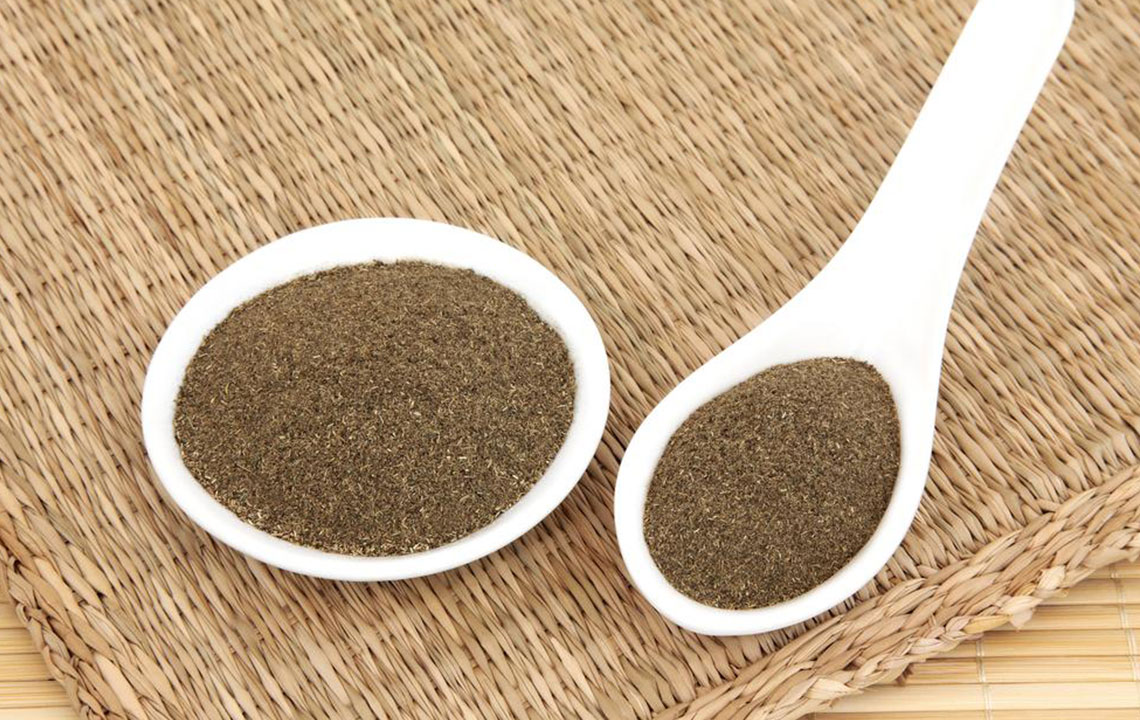Natural and Medical Approaches to Managing Hiatal Hernia
This article outlines both medical and natural approaches to managing hiatal hernia. It explains types, causes, diagnostics, surgical options, and herbal remedies that support digestion and reduce symptoms. Emphasizing lifestyle changes, nutrition, and natural medicines, the piece provides comprehensive guidance on preventing recurrence and improving quality of life for affected individuals.

Natural and Medical Strategies for Managing Hiatal Hernia
A hiatal hernia occurs when the upper part of the stomach protrudes into the chest through an opening in the diaphragm, called the hiatus. The diaphragm is a muscle crucial for breathing. This condition often affects individuals over 50 but can be managed effectively. The exact cause remains uncertain, but factors like muscle injury, repeated pressure from coughing or heavy lifting, obesity, aging, and lifestyle habits contribute. Some cases are congenital. Hiatal hernias are classified as sliding or fixed types, with sliding being more common and often asymptomatic.
Sliding hernias involve the stomach moving into the chest, usually requiring no treatment, while fixed hernias, also called paraesophageal hernias, are more serious as they can impede blood flow. Diagnosis typically involves imaging such as X-rays or endoscopy. Symptoms like heartburn and chest pain should be evaluated thoroughly. Treatment may include surgery, particularly if blood supply is compromised. Laparoscopic procedures are preferred due to minimal invasiveness, quick recovery, and fewer side effects.
Surgery is generally the definitive solution, although recurrence is possible. Post-surgery recovery generally takes about two weeks, with no major dietary restrictions. Patients should avoid heavy lifting and strenuous activities during recovery. Natural remedies can also help manage and prevent hiatal hernia symptoms. Medications such as Xembran, Acidim, and Hernica target inflammation and bacterial growth, helping to balance stomach pH levels and reduce swelling. A healthy diet, lifestyle modifications, and avoiding alcohol and acidic foods can enhance treatment efficacy, prevent inflammation, and support overall digestive health.
Maintaining a balanced pH and choosing alkaline-rich foods help prevent inflammation and organ damage associated with hiatal hernia. Long-term natural treatments may reduce the likelihood of recurrence when combined with a nutritious lifestyle. Regular monitoring and dietary adjustments can significantly improve quality of life for those with hiatal hernia. Always consult healthcare professionals for personalized diagnosis and treatment options.










